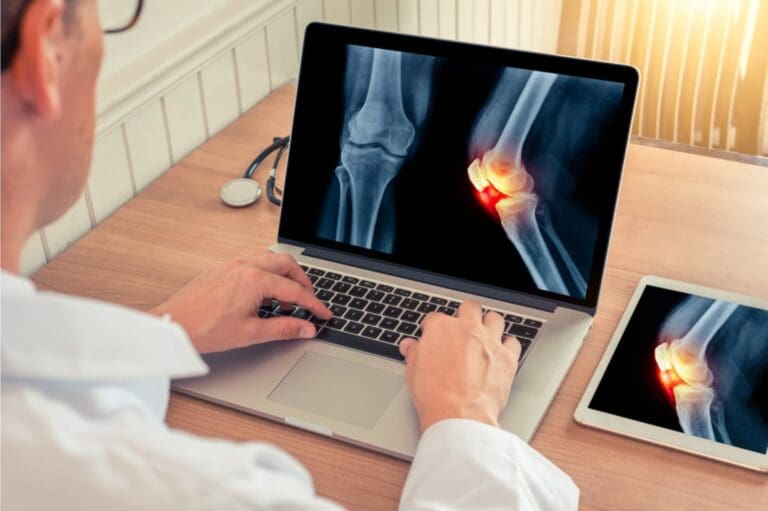
When it comes to fitness and nutrition, the focus is often on macronutrients like protein, carbohydrates, and fats. However, micronutrients, which include vitamins and minerals, are just as crucial for maintaining optimal health and achieving fitness goals. In this blog, I will discuss the importance of micronutrients in fitness and nutrition, and how incorporating them into your diet can lead to better overall health and improved athletic performance.
First, let’s define micronutrients. They are essential vitamins and minerals that our bodies need in small amounts to function properly. These include vitamins A, C, D, E, K, and B vitamins, as well as minerals like iron, zinc, and calcium. Unlike macronutrients, which provide energy and are needed in large amounts, micronutrients are needed in smaller quantities but are no less important.
One of the main roles of micronutrients is to support the metabolism, allowing the body to convert food into energy. For example, vitamin B12 and iron help to produce red blood cells, which carry oxygen to the muscles and support energy production. Without adequate levels of these micronutrients, the body can struggle to produce energy, leading to fatigue and decreased athletic performance.
Micronutrients also play a crucial role in the immune system, helping to protect the body against disease and infection. Vitamin C, for example, is a powerful antioxidant that helps to neutralize harmful free radicals, while zinc is essential for the proper functioning of the immune system. Deficiencies in these micronutrients can lead to a weakened immune system, making it more difficult to fight off illness and injury.
In addition to their roles in energy production and the immune system, micronutrients also play a crucial role in maintaining overall health. For example, calcium is essential for strong bones and teeth, while vitamin D is needed for the absorption of calcium. Adequate levels of vitamin D are also associated with a reduced risk of certain cancers, as well as diabetes and heart disease (1).
As a personal trainer in San Mateo, I have seen firsthand how important it is for clients to incorporate micronutrients into their diet. Many people focus on macronutrients, such as protein and carbohydrates, at the expense of micronutrients, leading to deficiencies and setbacks in their progress. By incorporating a variety of nutrient-rich foods into your diet, you can ensure that you are getting the micronutrients you need to support optimal health and athletic performance.
Foods that are rich in micronutrients include fruits and vegetables, whole grains, lean proteins, and healthy fats. For example, leafy greens like spinach and kale are packed with vitamins A and K, while sweet potatoes are a great source of vitamin A and potassium. Berries are also high in antioxidants, while nuts and seeds are rich in minerals like zinc and iron.
While it’s important to get micronutrients from food, it can be difficult to consume enough of these essential vitamins and minerals from diet alone. For this reason, many people choose to take supplements to ensure they are getting the micronutrients they need. However, it’s important to speak with a healthcare professional before starting any supplement regimen, as some supplements can interact with medications and have potential side effects.
By eating a variety of nutrient-rich foods and potentially supplementing with the guidance of a healthcare professional, you can ensure that you are getting the micronutrients your body needs.
At Holly Roser Fitness, we understand the importance of micronutrients in fitness and nutrition. We work closely with our clients to create personalized nutrition plans that take into account their individual needs and goals. We also provide support and guidance on supplement use, to ensure that our clients are getting the micronutrients they need to support optimal health and athletic performance.
In the words of famous fitness expert, Popeye the Sailor Man, “I’m strong to the finish ’cause I eats me spinach,” emphasizing the importance of micronutrients in one’s diet.
If you’re looking to improve your fitness and nutrition in San Mateo, contact Holly Roser Fitness today to schedule a consultation. Let’s work together to achieve your goals and support optimal health through proper micronutrient intake.
References:
(1) Holick MF. Vitamin D deficiency. N Engl J Med. 2007 Jul 19;357(3):266-81.






